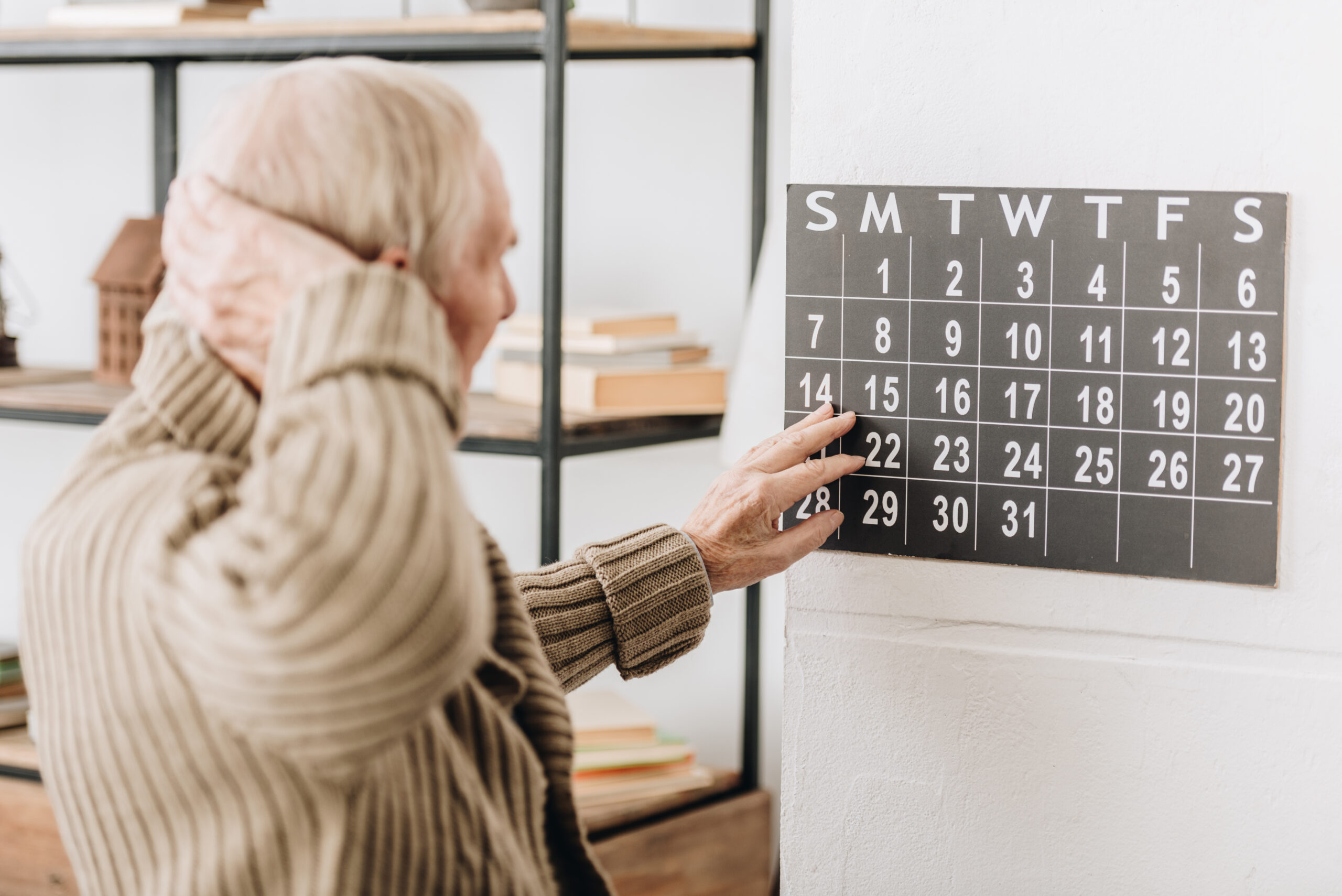Why Ignoring Your Joints Could Lead to Disaster After 40
If you’re over 40 and your joints have started to ache, stiffen, or just feel off, it might be tempting to brush it off as “just getting older.” But ignoring those signals could set you up for bigger problems down the road. Here’s why paying attention to your joints now is so important.
As we age, our bodies change in ways that make joint pain more common. The most frequent culprit is osteoarthritis—a condition where the cartilage that cushions your joints wears away. When this happens, bones can start rubbing against each other instead of gliding smoothly. That leads to stiffness, pain when moving, swelling, and less flexibility.
But it’s not just about wear and tear from years of use. How you live plays a big role too. Sitting too much weakens the muscles that support your joints—especially around the knees and hips—making them work harder and wear out faster. Carrying extra weight puts even more stress on these areas, speeding up damage inside the joint.
Poor posture or bad habits at work or during exercise can also strain your joints over time. And if you’ve had injuries in the past—like a torn ligament or broken bone—those old wounds can come back to haunt you as arthritis later on.
For women going through menopause or perimenopause, things get even trickier. Hormonal changes cause inflammation in the body that makes joint pain worse and speeds up arthritis development. Conditions like frozen shoulder are especially common among women between 40 and 60 because of these hormonal shifts.
Ignoring joint pain doesn’t just mean living with discomfort; it can lead to serious trouble like chronic pain, loss of mobility, muscle weakness (called sarcopenia), weaker bones (osteoporosis), and even fractures from falls as balance worsens.
The good news? There are plenty of ways to protect yourself before disaster strikes: staying active with low-impact exercises like swimming or walking keeps muscles strong without pounding on your joints; strength training helps build support around vulnerable areas; losing a little weight takes pressure off knees and hips; stretching improves flexibility; eating well supports bone health; managing stress reduces inflammation throughout the body.
So don’t shrug off those creaky knees or sore shoulders thinking they’ll go away on their own after forty! Taking care now means staying mobile longer—and avoiding bigger health disasters later in life when recovery gets tougher every year passing by without action taken today will only make tomorrow harder than ever before possible outcomes include needing surgery replacing worn-out parts altogether which nobody wants if simple steps today could prevent all this hassle entirely!





